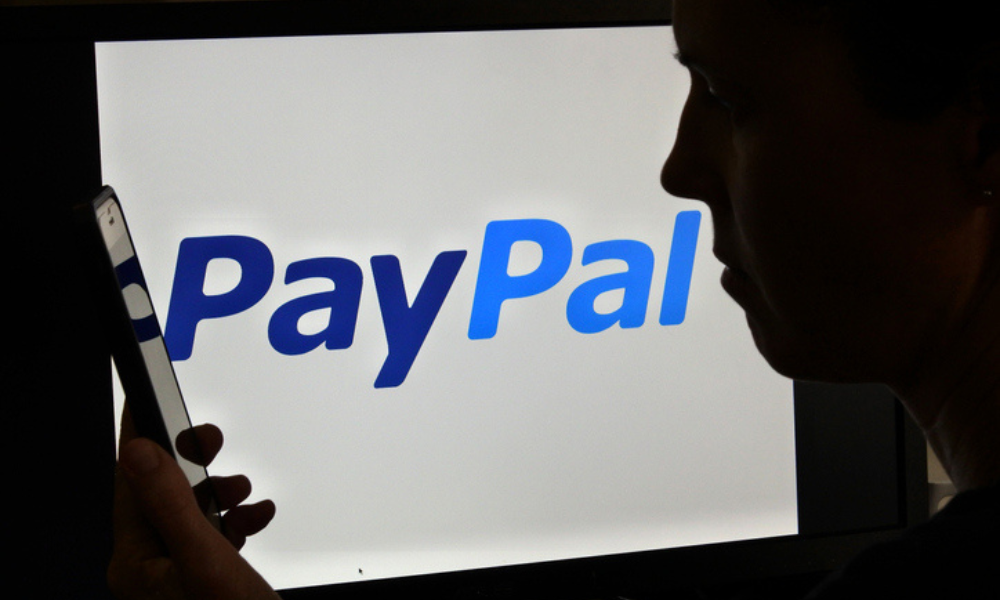

PayPal Holdings Inc. will now permit merchants to buy, hold and sell cryptocurrency from their business accounts, expanding on the payments firm’s already-available consumer offerings.
PayPal has allowed consumers to buy, hold and sell digital crypto via their PayPal and Venmo accounts since 2020, and then further committed to digital currency with the launch of its US dollar-denominated stablecoin, PayPal USD, last year. The San Jose, California-based firm has since learned more about how people want to use their crypto, according to Jose Fernandez da Ponte, PayPal’s senior vice president of blockchain, cryptocurrency and digital currencies.
“Business owners have increasingly expressed a desire for the same cryptocurrency capabilities available to consumers,” he said in a Wednesday statement.
Merchants have had many options for accepting crypto, such as BitPay, along with the ability to accept payments from services like Coinbase Commerce.
PayPal’s merchant functionality will not be available in New York at launch, the firm said. Businesses will be allowed to transfer the digital currency to third-party eligible wallets, and send and receive supported tokens to and from external blockchain addresses, according to the statement.

It's a showdown for the ages as wealth managers assess its impact on client portfolios.

CEO Ritik Malhotra is leveraging Savvy Wealth's Fidelity partnership in offers to Commonwealth advisors, alongside “Acquisition Relief Boxes” filled with cookies, brownies, and aspirin.

Fraud losses among Americans 60 and older surged 43 percent in 2024, led by investment schemes involving crypto and social manipulation.

The alternatives giant's new unit, led by a 17-year veteran, will tap into four areas worth an estimated $60 trillion.

"It's like a soap opera," says one senior industry executive.
RIAs face rising regulatory pressure in 2025. Forward-looking firms are responding with embedded technology, not more paperwork.
As inheritances are set to reshape client portfolios and next-gen heirs demand digital-first experiences, firms are retooling their wealth tech stacks and succession models in real time.
